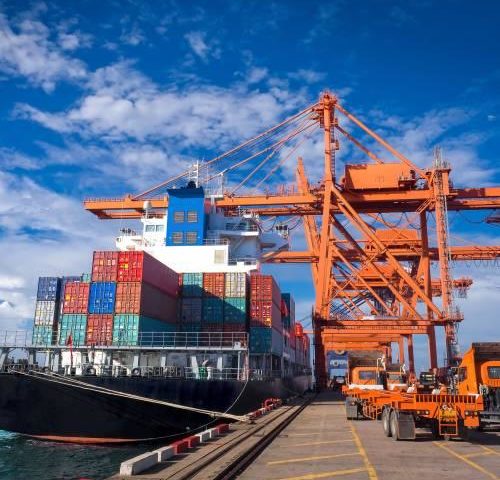
A new Global Britain report from the British Chambers of Commerce is urging the Government to get the UK match fit for a more fractious era in trade.
The report has 26 recommendations focussed on export growth, trade alliances, investment and economic diplomacy, regulatory reform and infrastructure.
Its top asks include:
- Revitalising the UK’s economic diplomacy to secure better trade outcomes.
- Improving trade finance access and digitalisation
- Reforming the domestic regulatory environment to crowd in private sector investment
- Boosting export support for businesses and making more effective use of current trade deals.
- Building global alliances to improve supply chain security.
The trade and investment report is the second to come from the BCC’s Global Britain Challenge group, as part of its ‘Future of the Economy’ project with its Business Council. It draws on expertise from businesses of all sizes, academia, Chambers and think-tanks.
It recognises that the UK is starting from a position of great strength – it is the sixth largest economy in the world, the second largest exporter of services and the second largest inward investment destination in Europe.
Yet the country has struggled to build momentum since the pandemic, as the wide-ranging readjustments caused by Brexit have continued to dominate the trade landscape.
Now a further seismic shift is imminent with the arrival of a new US President in January 2025. This is set to usher in a new era of tariffs and protectionism, with the potential for escalation into full-scale trade wars.
However, the UK’s position outside of the EU, means it now has more independence to decide upon the response it takes to tariffs. It can also act in a more agile way, forming global alliances to help shape the wider trade narrative.
Martha Lane Fox, President of the British Chambers of Commerce and Chair of the Business Council, said:
“It is currently anyone’s guess as to what the world’s trading relationships will look like in the New Year, but everyone recognises that a new era of tariffs is likely on the way. But this is not a zero-sum game, where you are either on one side or the other. The UK is no longer part of a large trade bloc, which gives us more flexibility in how we respond. However, we must also make sure we are in the best shape possible to do that. We need well supported Trade Commissioners and Envoys who are at the top of their game, and we need a finely honed strategy of economic diplomacy for them to use. The UK has a long history as a convener and consensus builder in trade alliances. And while the months ahead might prove difficult, we must not lose sight of the prize that keeping the global trade system as open as possible will bring. The maths on this is really very simple. If the UK exports more than it imports, then trade contributes to economic growth, productivity rises, and wages and investment are pushed up – creating a virtuous circle. But the additional costs for employers from the Autumn Budget mean many are tightening their belts. If we are serious about growing our economy, then the Government must look closely at the level of export support it offers to business.”
A copy of the full Global Britain Trade and Investment report can be found here.
More info: www.britishchambers.org





